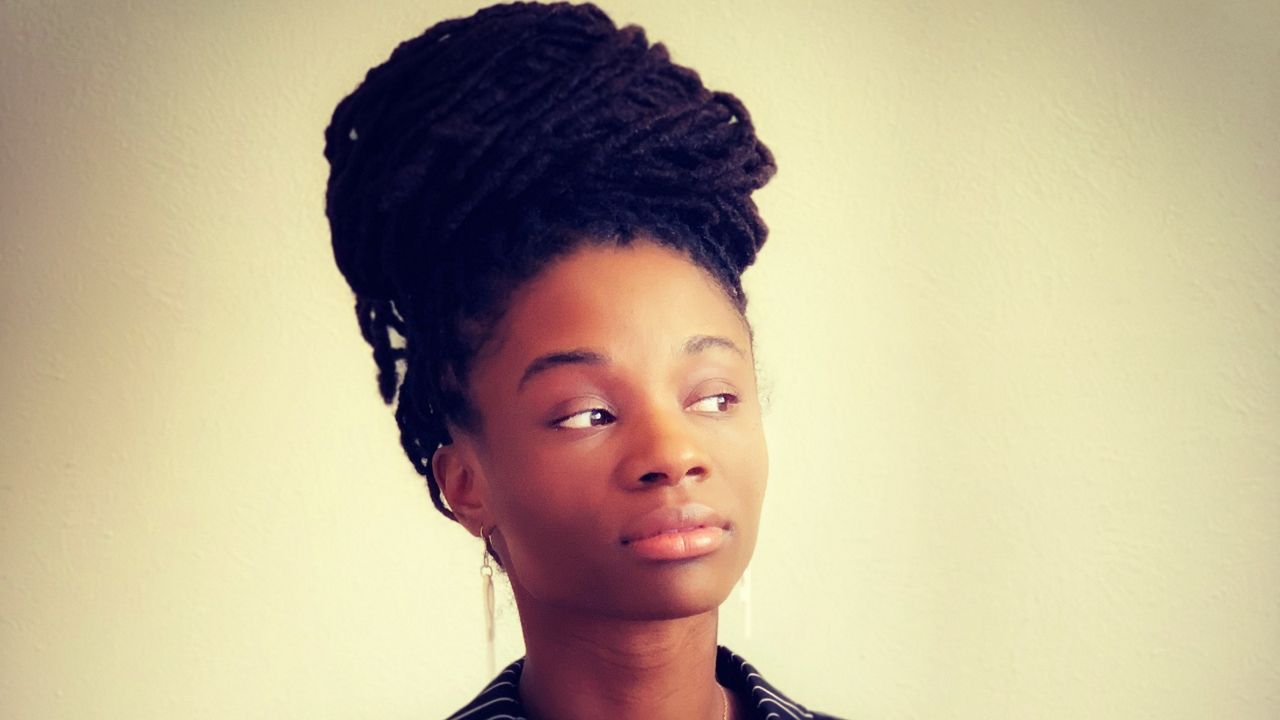FORT WORTH, Texas — Brandi Waller-Pace taught music in Fort Worth schools for 11 years before pursuing her Ph.D. in music education. Her students were predominantly Black and brown at schools in low-income neighborhoods. When her oldest child began kindergarten at a “wealthier” school, she became increasingly aware of the disparity in resources between schools in poorer and wealthier areas of town.
In the face of that level of unfairness, Waller-Pace decided to take on the system. After serving as a member of the Fort Worth school district’s Racial Equity Committee, she completed a fellowship with Leadership ISD that focused on inequity in education. Armed with the knowledge of how school systems function, she combined her two passions.
Her front-row seat to the racial disparity in area music classrooms made her a powerful voice on issues at the cross-section of music, education, poverty, and race. Spurred on by her peers, she created a Facebook group and website that eventually blossomed into a fully certified nonprofit. Decolonizing the Music Room seeks to use research, training, and lively discourse to challenge the historical dominance of white Western European and American music, narratives, and practices, while resurrecting the heritages of non-dominant cultures. The end goal, she said, is to create a more equitable future.
“I was getting more involved just to see what was systemically behind everything,” she said. “At the same time, I was having these real life and online interactions with educators. It seemed that there just came a point where everything came together.”
The history of and music by people of color, she said, weren’t represented in the song lists or curriculum in classrooms around the city. Even the way many instructors discussed music with their students was normalizing European and white American versions of history and cultural traditions while unwittingly marginalizing the heritage of non-white students.
“It became apparent enough that where our mindset was as a field — just in a very broad, general way — was not serving racially minoritized students or racially minoritized peers,” she said.
Decolonizing the music room, she said, is a fluid and ever-changing process with no real end. Even the term “decolonizing” means something different to everyone who hears it.
“I have native and indigenous colleagues, peers, and friends, and when they talk about decolonization or post-colonization, it’s completely different from my positionality as a black descendant of enslaved people,” she said.
Waller-Pace, who is also an accomplished jazz musician and artist-in-residence at Arts 5th Avenue performance space in the Near Southside of Fort Worth, said the first step to the process begins with creating what she calls a “common language” for music teachers that will help them understand how someone’s own experiences can shape their understanding of a song.
“If I'm a white educator and there’s this particular song that I know came from blackface minstrel and it brought me a lot of joy in my childhood, that’s me speaking from a place of dominant whiteness,” she said. “For me personally, hearing my second-graders singing and playing the blackface minstrel song is going to mean something different.”
Waller-Pace is also organizing a music festival that will highlight the history of Black roots music, such as traditional jug and fiddle music — the music that influenced bluegrass and blues. Because of COVID-19, the Fort Worth African-American Roots Music Festival was pushed back to Saturday, March 13.
“I've been building community with a lot of Black artists who are participating in the spreading and the reclamation of these art forms and our place in it because their history is being obscured,” she said.
Her festival, much like her nonprofit, seeks to cast a spotlight on an important part of history whitewashed by colonial powers.
“We have to understand that as music educators, we're doing something bigger than presenting musical skills,” she said. “We are helping to cultivate humans.”
“This list represents some classic listening from Black roots musicians, some deeply rooted influential artists still making music today, and a few who are on the lineup for the festival,” Waller-Pace said.
- Leather Britches- Nathan Frazier & Frank Patterson
https://www.youtube.com/watch?v=jw8kif-fmxQ
- Freight Train- written and performed by Elizabeth "Libba" Cotton
Freight Train and Other North Carolina Folk Songs and Tunes
℗ 1989 Smithsonian Folkways Recordings
Released on: 1989-12-01
https://www.youtube.com/watch?v=If5ZGXKG9bw
- Old Corn Liquor- Joe Thompson
Provided to YouTube by Universal Music Group
Family Tradition ℗ 1999 Rounder Records.
Released on: 1999-08-10
https://www.youtube.com/watch?v=RMhVIGBnX_c
- Milwaukee Blues, live from the Folk Alley studios- The Carolina Chocolate Drops
https://www.youtube.com/watch?v=cHCEMHlufrA
- Texas Traveler- Jerron "Blind Boy" Paxton
At the Old-Time Tiki Parlour
https://www.youtube.com/watch?v=l25hzWCgsu0
- Polly Put The Kettle On- Dom Flemons with Brian Farrow on fiddle
Live from the Pewter Shop at the 2016 Summer HOOT!
Filmed and recorded by Beehive Productions
https://www.youtube.com/watch?v=fhI2T-eWuC8
- Julie- written and performed by Rhiannon Giddens
Recorded on David Holt's State of Music
https://www.youtube.com/watch?v=rzlVc4aumg4
- Boll Weevil- Jake Blount
Captured live in Raleigh, NC during IBMA, 2019
by Beehive Productions
https://www.youtube.com/watch?v=Cy0q14KBCk8
- Walkin' Blues · Justin Golden
Walkin' Blues
℗ 614627 Records DK
Released on: 2016-05-18
https://www.youtube.com/watch?v=nrJOUgOjh7c&list=PLvoT3-yx9XGL9HU3jWoKs_4nMV8oSjREZ&index=3



